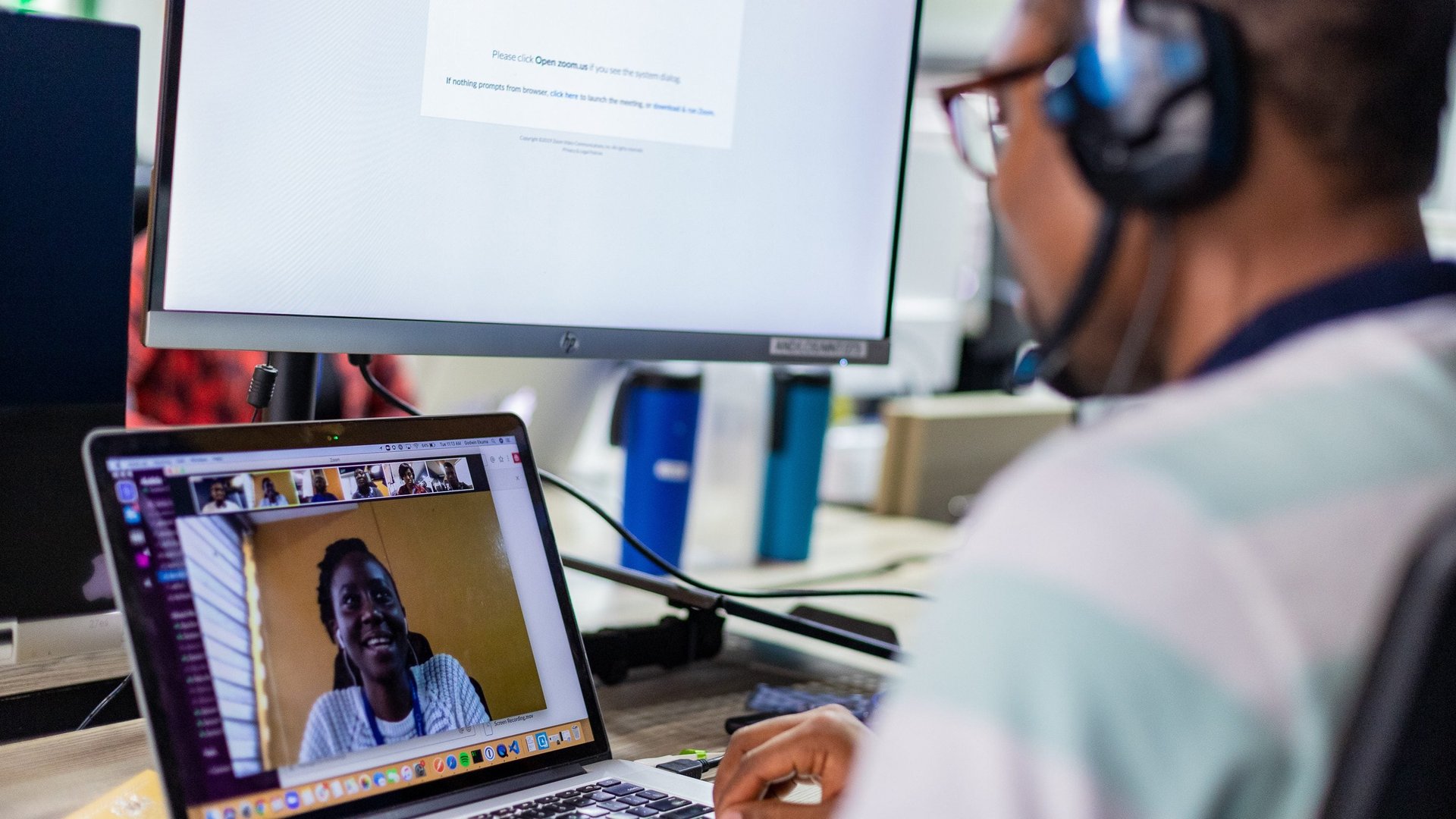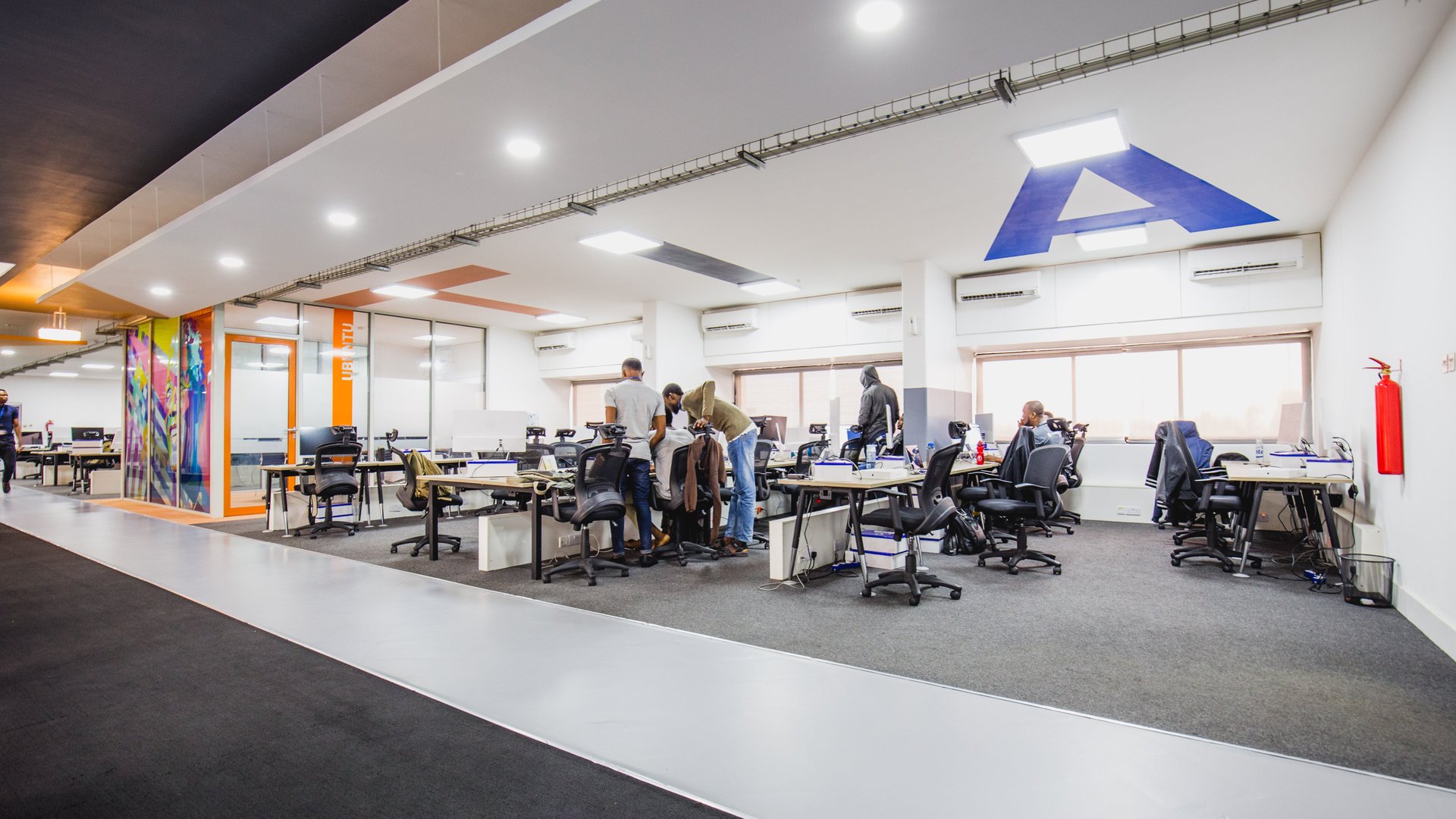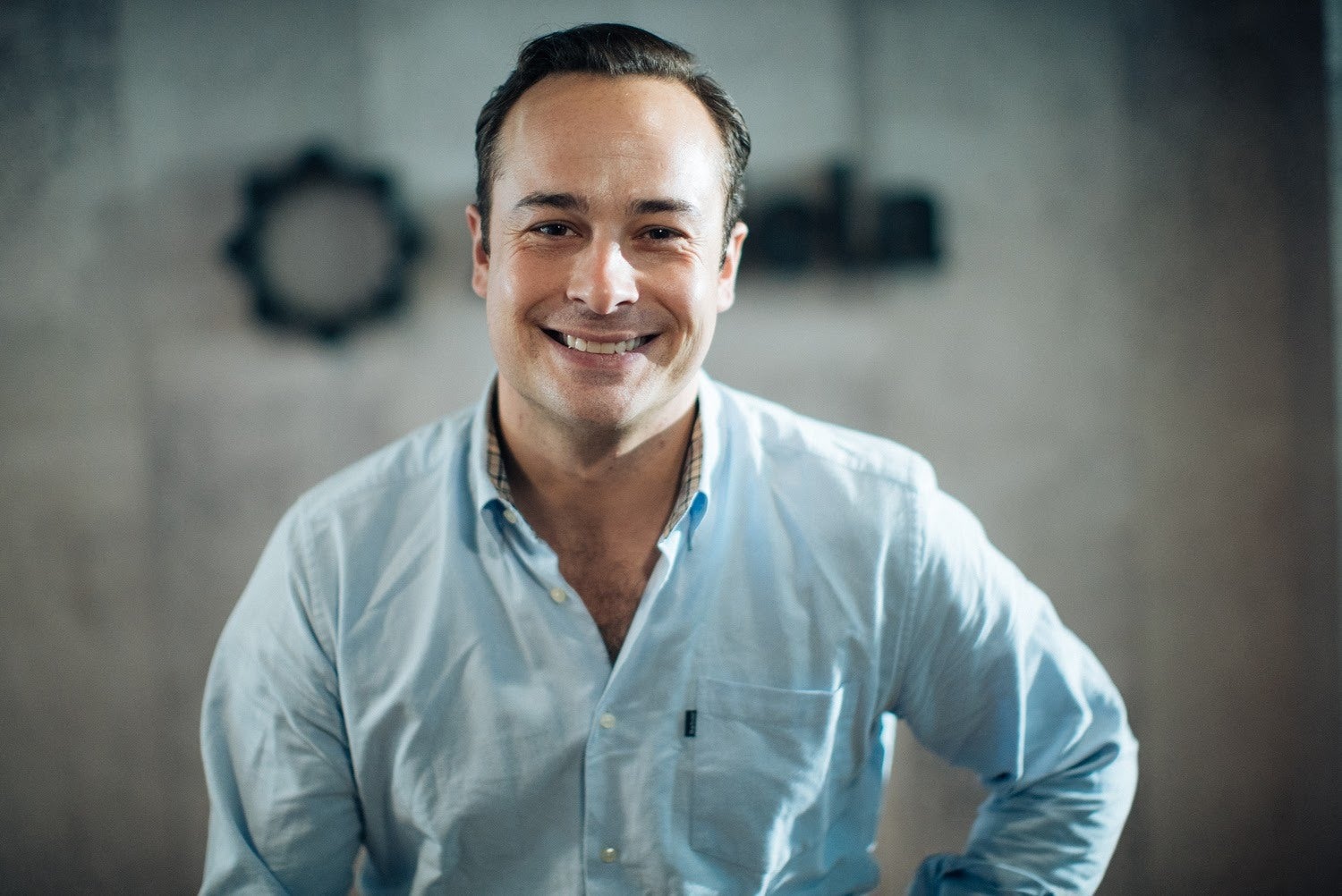Developer outsourcing company Andela looks beyond its African roots
Andela, the developer outsourcing company launched seven years ago in Nigeria, has announced plans to expand beyond its African beginnings and leverage the growth of engineering talents in Latin and South America.


Andela, the developer outsourcing company launched seven years ago in Nigeria, has announced plans to expand beyond its African beginnings and leverage the growth of engineering talents in Latin and South America.
Andela became fully remote last July, which allowed it to open up to applications from senior engineering talents from across and beyond Africa. The company says it has recorded 500% growth in applications in the past six months, which it attributes entirely to the change in its operational model. In March this year, more than 30% of its inbound engineer applications came from outside Africa, with half filtering through from Latin America.
The company, which outsources engineers to firms like GitHub, Cloudflare, Coursera, and ViacomCBS, now has engineers spread across 37 countries, on five continents. Its global plans don’t take away from its support of African talent, it says, even as it enters a much more competitive landscape.
“This expansion will bring even more global visibility for Africa and African talent,” CEO Jeremy Johnson, who says the company has seen a “surge” in African engineers applying to the network since their announcement.
Built for remote work
Launched in 2014, Andela’s originally focused exclusively on unearthing and training emerging talent from Africa to meet global tech needs.
Entry-level developers applied for a four-year deal with the company. Those selected were put through a rigorous and immersive six-month training program before being outsourced to work for tech firms largely based in the US, earning Andela revenue. Developers were held to an employment commitment deal for the remainder of the contract.
The company got the backing of celebrities and heavyweights including Facebook founder, Mark Zuckerberg, former US vice president Al Gore, and tennis superstar Serena Williams. They loved the premise of a homegrown platform providing firms with high-end tech talent while equipping Africans with skills and opportunity.
Since 2019, Andela has undergone several major shifts in its operational model, starting with its decision to end its program for junior developers. It attributed this decision to an oversaturation in the US market of local junior talent.
“Over the past five years, There has been a massive wave of boot camps and programming classes of different kinds like Lambda and Flatiron schools,” Seni Sulyman, Andela’s vice president for global operations, explained to Quartz in 2019. “Computer science schools in universities have also ramped up their programs. What that has done is create a massive flux of junior engineers in the US…which is our primary market.”

Then, in the midst of the coronavirus pandemic, it laid off 135 staff, introduced salary cuts, and pivoted into a fully remote operation. It also announced that it was opening its operations up to interested developers across Africa, rather than just in the six countries—Nigeria, Kenya, Uganda, Rwanda, Ghana, and Egypt—where it had previously operated. This allowed the company to morph into a vertical talent marketplace providing software engineering staff augmentation services.
Johnson said the success of the company’s initial expansion into Ghana and Egypt served as a catalyst for their shift to being fully remote, and eventually expanding outside Africa.
“Andela was built for remote work, as Andela engineers have been integrated into global client teams since day one,” he says. “Going global was always the plan, but the pandemic accelerated our timeline due to the more widespread adoption of remote work.”
It was “just a matter of time” before the company started to look for talent regardless of location, says Fola Olatunji-David, a tech leader who’s worked across VC, start-up accelerators, and corporate settings. “If you look at the reason Andela started, tech talent being everywhere meant eventually, some of the non-African talents would also be highlighted,” he says.
Johnson admits competition against more established developer outsourcing companies is inevitable now that they’re on a global stage. Still, he maintains that Andela’s unique mode of “vertical” operations remains an advantage against competing marketplaces like Toptal and Crossover. The average engineering contract is also 18 months; a massive lure as opposed to the short-term gigs offered on gig platforms like Fiverr and Upwork.
“Andela has always been competing against established staff augmentation companies,” he says. “In reality, when a company is willing and ready to welcome team members remotely from around the world, that’s when the global competition begins. The Andela expansion simply adds clout to an already compelling business offering while creating a global community for our engineers.”
Improving the future of work in Africa
Andela says it is committed to developing African talent through a variety of initiatives, including the Andela Learning Community, which it says has allowed 77,000 Africans to gain tech skills of varying degrees.

On April 29, the company announced that it had partnered with Google to launch an Africa developers scholarship program, offering Android, Web, and Google Cloud development training to beginner and intermediate developers in Africa. At the end of the training, the top 1,000 students will earn a full scholarship to certify in Android or Cloud development.
Olatunji-David says the company continues to have a continent-wide impact through its network of alumni, most of whom have worked on world-class projects, are also directly or indirectly improving the African tech ecosystem. “These developers are experts who are able to disseminate their skills and knowledge to others in formal and informal setups,” he says. “The ecosystem is generally better off for this.”
Africa’s internet economy is projected to be worth $180 billion by 2025, and account for 5.2% of the continent’s GDP, according to the Africa Internet Economy 2020 report, sponsored by Google and the International Finance Corporation. By 2050, the projected potential contribution could reach $712 billion.
A growing tech talent pool is key to this projection, among other factors. But so is the ability of startups to compete internationally.
Andela’s former model ensured it equipped Africans with advanced tech skills across these countries. However, in a bid to match the tech industry’s demand and become profitable, they have evolved by focusing more on senior engineering talents and going remote and now global.
“It was inevitable that they will move away from being bottom-heavy, that training function at that scale, while important, is not for a for-profit organization,” Olatunji-David said.
Johnson says the company “will continuously explore new ways of thinking and operating to democratize the future of work” while evolving to meet the realities of a highly demanding market
Twitter’s announcement last month that it plans to set up its first Africa office in Ghana and hire its first engineering team on the continent represents some form of acknowledgement to Andela’s work on the continent since 2014. The company has created numerous top-level talents that have worked on the global stage, assuring big tech that their transition to African market would be smooth.
“Part of the role Andela played was showing what was possible,” Olatunji-David said. “There have always been world-class Africans in tech in Europe and the US, but I think Andela showed that Africans based in Africa were just as talented.”
Sign up to the Quartz Africa Weekly Brief here for news and analysis on African business, tech, and innovation in your inbox.